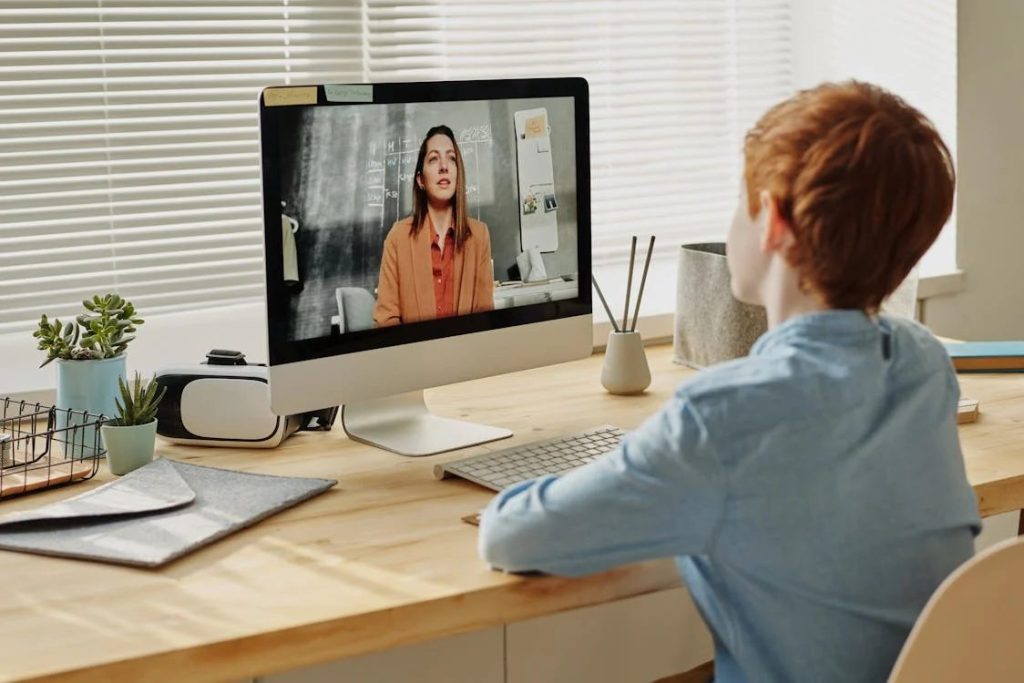In today’s digital age, screens are everywhere – from smartphones and tablets to computers and TVs. While technology brings many benefits, too much screen time can negatively affect our health and well-being. Here are 15 strategies to help manage screen time effectively.
1. Set Screen Time Limits

Decide how much screen time is appropriate for you or your family daily. Setting screen limits helps prevent excessive use and encourages a healthy balance of activities. Communicate these limits so everyone understands and follows them. Consistent enforcement is key to making this strategy effective.
2. Create a Schedule

Make a daily or weekly schedule that includes specific times for screen use. This helps ensure that screen time doesn’t interfere with other important activities, like homework or family time. Having a structured plan can reduce arguments about when screen time is allowed.
3. Use Screen Time Apps

Many devices have built-in apps or settings that allow you to track and limit screen usage. These tools can help you monitor how much time you spend on screens and set boundaries. Using screen time apps can provide a visual representation of usage patterns, making it easier to identify areas where adjustments are needed.
4. Encourage Outdoor Activities

Promote outdoor play and physical activities as an alternative to screen time. Spending time outside is great for physical health and provides a break from screens. Biking, hiking, or playing sports can be fun and engaging. They also offer valuable opportunities for social interaction and exercise.
5. Practice Screen-Free Meals

Make mealtimes screen-free to encourage conversation and family bonding. This helps everyone focus on their food and each other rather than being distracted by devices. It can also foster better eating habits and digestion. Creating a routine of shared meals can strengthen family relationships.
6. Set Up Screen-Free Zones

Designate certain areas of your home as screen-free zones, such as bedrooms or the dining room. This helps create spaces where you can relax without digital distractions. Having designated areas can make it easier to unplug and unwind. Keeping screens out of bedrooms also promotes healthier sleeping habits.
7. Lead by Example

Be a role model by managing your own screen time wisely. Children and teens are likelier to follow healthy screen habits if they see adults doing the same. Demonstrating balanced screen use shows its importance. It also sets a positive standard for the whole family to follow.
8. Prioritize Educational Content

Encourage using screens for educational purposes, like learning apps or documentaries. This ensures that screen time is productive and informative. Educational content can stimulate curiosity and enhance knowledge. It can also provide meaningful engagement beyond entertainment.
9. Plan Digital Detox Days

Schedule regular “digital detox” days when you and your family take a break from screens. This helps reset habits and encourages other forms of entertainment and relaxation. Use these days to explore new activities or hobbies. It can be refreshing and rejuvenating for everyone involved.
10. Use Timers and Alarms

Set timers or alarms to remind you when to stop using screens. This is especially helpful for younger children with trouble keeping track of time. Timers can create a sense of structure and discipline. They also make it easier to transition between activities.
11. Engage in Family Activities

Plan activities that don’t involve screens, like board games, puzzles, or reading together. These activities strengthen family bonds and provide fun alternatives to screen time. Engaging in shared experiences can create lasting memories and help develop important social and cognitive skills.
12. Monitor Content

Keep an eye on what content you or your children are consuming. Ensuring that the material is age-appropriate and positive can benefit screen time. Monitoring helps protect against inappropriate or harmful content and allows you to guide viewing choices in a healthy direction.
13. Encourage Hobbies and Interests

Support hobbies and interests that don’t involve screens, like sports, music, or arts and crafts. These activities can be both enjoyable and rewarding. Encouraging such interests helps develop new skills and talents and provides a satisfying sense of accomplishment.
14. Be Flexible but Firm

While setting rules is important, being flexible can help accommodate special circumstances, like a family movie night. However, try to stick to your guidelines as much as possible. Flexibility can prevent feelings of restriction or frustration while maintaining firmness ensures consistent adherence to healthy habits.
15. Use Screens Together

Sometimes, watching a movie or playing a game together can be a fun way to bond. Just make sure it doesn’t become a regular substitute for more active or interactive activities. Shared screen time should complement, not replace, other bonding activities. It’s a balanced way to enjoy technology together.
13 Spine-Chilling Urban Legends You Probably Don’t Know
